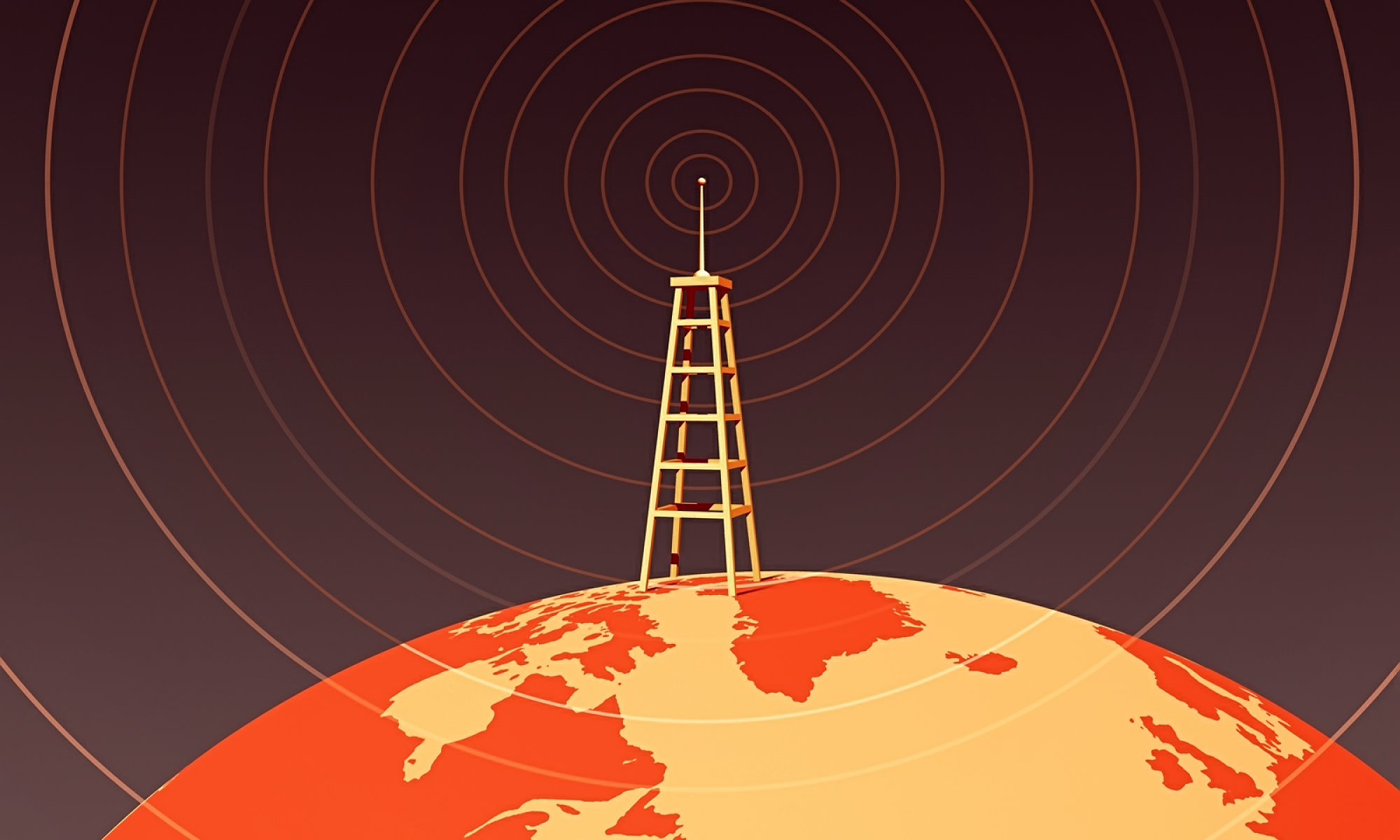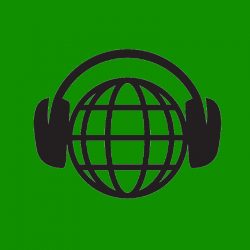Plurality in media is important. It can cover the content and platform. Is the content shown in Irish media from a large variety of sources in society? or is it from a few sources?. Also is the platform the media is delivered on owned by a few big companies or is a wide diversity of ownership available?
from the BAI policy on plurality.
- Diversity of Content means the extent to which the broad diversity of views (including
diversity of views on news and current affairs and diversity of cultural interests prevalent in
Irish society) is reflected through the activities of media businesses in the State, including
their editorial ethos, content and sources. - Diversity of Ownership means the spread of ownership and control of media businesses in
the State linked to the market share of those media businesses as measured by
listenership, readership, reach or other appropriate measures.
Is your media more or less plural these days? Media Ownership Ireland is a database tracking who owns media in Ireland. As old media matures competition leads to buyouts and more and more media is owned by less and less companies. Is this ownership deficit offset by the public’s access to new media platforms? Does the ability to “broadcast yourself” on social media outweigh the importance of plurality in the media?
The ability to reach billions of people with messages online does not equate to the ability to broadcast to a nation’s airwaves given that broadcasting is the incumbent and dominant mass media platform where a few transmit to the many. Social media silos of content where users select their preferred catalogue of content, like subscribed podcasts or Netflix watch lists does not have the same effect on society as broadcasting. Therefore the share of ownership in media remains important across all media and in particular in the broadcast sector.
Media Ownership Ireland database tracks ownership across Online, Print and Broadcast media in Ireland. But one sector it fails to track is Community Media. This sector is owned by the communities it broadcasts to. This means that this sector has a unique strength above all the other sectors that are listed. The strength is that the the media entity is owned by its public. Control and direction of the media is down to the people within the community. This goes a long way to demonstrate the lack of plurality in commercial and public media, which is evidenced in the content on air and access citizens have to their media.
Community Media which is recognised as the third sector in Irish media legislation might not yet be a large enough sector to rebalance the deficit in plurality in Irish media but if the sector was to grow to being in every town and county in Ireland (like pirate radio was in Ireland in the 1980s) then it could begin to be the necessary counterweight to large commercial multinationals owning and controlling Irish media.
With 30% of Local Radio owned by companies outside of Ireland, plurality in radio broadcasting in Ireland is rebalanced by the existence of community radio (another reason the sector should be listed in the Media Ownership Ireland database) . 100% of community media in Ireland is owned by its community. The ownership model transfers to the content on air, which on community media is as varied and diverse as the community it serves, unlike the formatted commercial offerings from local and national broadcasters.

Parity of each of the sectors of Irish broadcasting in legislation is required to make sure that the sector that values and spotlights the marginalised the most is not marginalised itself when media codes, policies and legislation are being drafted. Equal recognition of each sector will allow for future funding and growth to happen and therefore allows community media to continue to out perform in areas on diversity of content and plurality of ownership.



